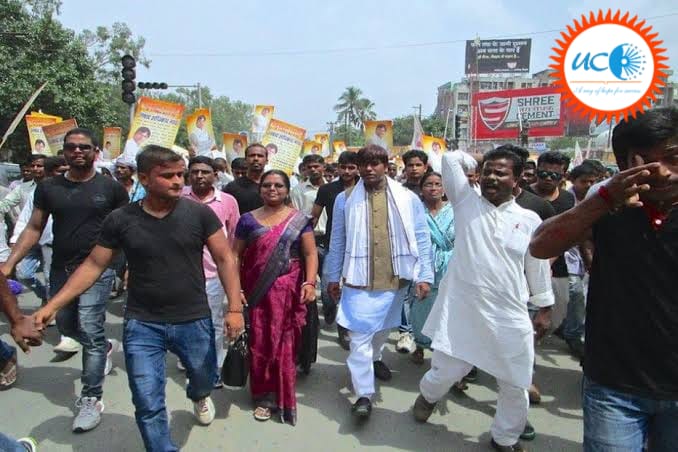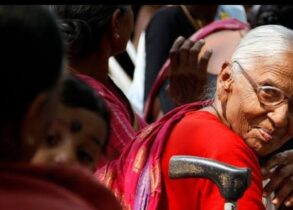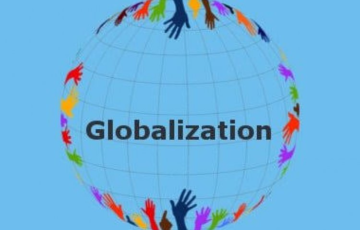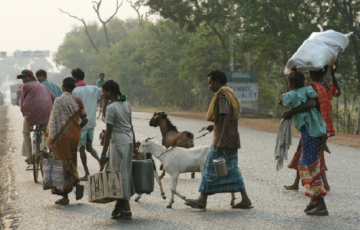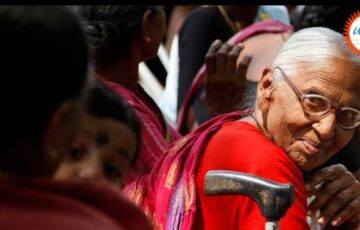Caste is not only a political factor; it is a pre-existing social reality. Examine
A caste is a form of ascribed inequality that has modernized itself in the present times. Though it had roots in the Varna system of Hindu philosophy and corresponded to functional divisions. Gradually it led to social inequality.
Role of caste in politics:
- Social Change: Political parties use caste as an instrument for social change. The political use of caste is called casteism which is institutionalizing and not abolishing caste in India.
For e.g.: Recent postponement of Punjab elections due to old dates clashing with Ravidas Jayanti.
- Increasing consciousness: Political mobilization of the lower castes and the rising political consciousness. among them played an important rule in deconstructing the foundational ideology of caste, hierarchical social order and rejection of the upper castes.
- Vote bank: Caste politics is used by the political parties as vote banks and use caste as an instrument of securing power.
The marginalization of individuals by the system of governance in India often makes caste-based voting a necessity for voters.
- Affirmative action: The lower castes rose to political power through the Indian system of affirmative action known as reservations. Caste-based reservations have therefore institutionalized caste further into the Indian polity.
Caste as a social reality:
- Exploitation: Caste is a lived-in social reality that is very much alive in Indian society. The lower castes continue to be treated badly by the so-called higher cast..
For e.g.: An estimated 1 million manual scavengers belong to the Dalit community.
- Silent discrimination: Old mentality as well as the ‘fear’ of the SC/ST atrocities Act leads to
- Complex system: Upper and lower. forward and backward caste, and sub-castes still prevail in the villages where caste wars are not uncommon. and it is a dishonor when expelled from his or her caste with severe psychological effects.
According to the Ministry of Social Justice and Empowerment about 1,38,825 cases related to crimes against Dalits were filed across the country between 2018 and 2020.
- Inter caste marriage: The inter-caste marriage is getting acceptance although at a slow pace in urban areas.
- Caste differentials in health: Neonatal. postnatal. infant. child and under-five statistics clearly show a higher mortality among the SCs and the STs. Problems in accessing health care were higher among the lower castes.
For e.g.: NF1IS survey highlighted that use of contraceptives was less prevalent among SC/ST communities.
Politics have been viewed as a competition between different caste groups. Caste has also shaped voting behavior and patterns. Caste sentiments and loyalties are important in elections. Interaction between caste and politics is an impact of democracy and therefore in these ways. caste has institutionalized itself in the Indian political process.

